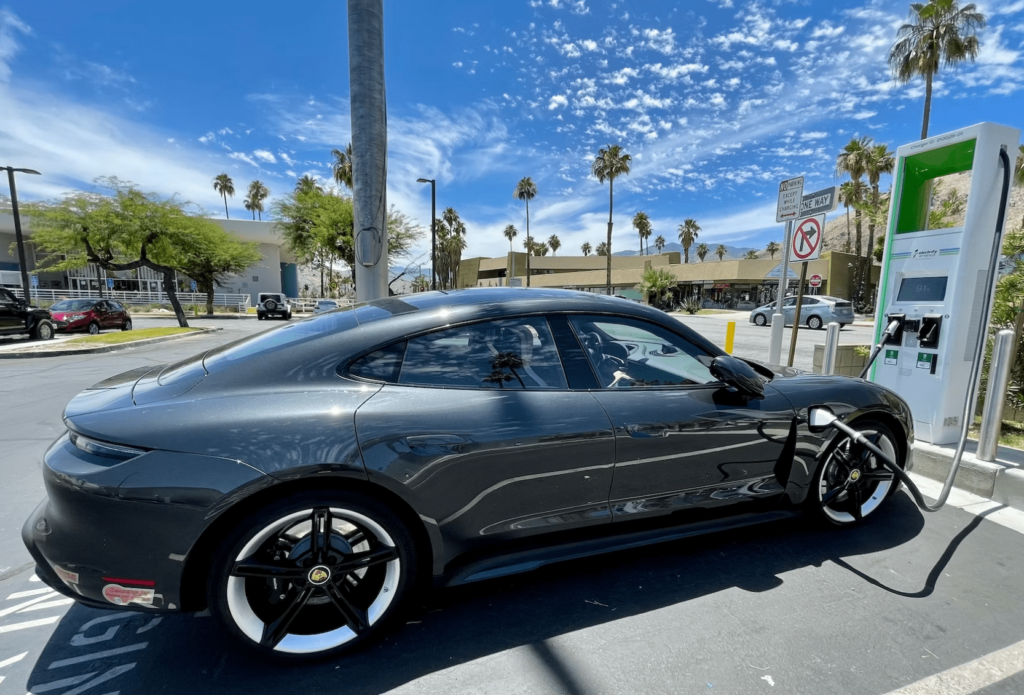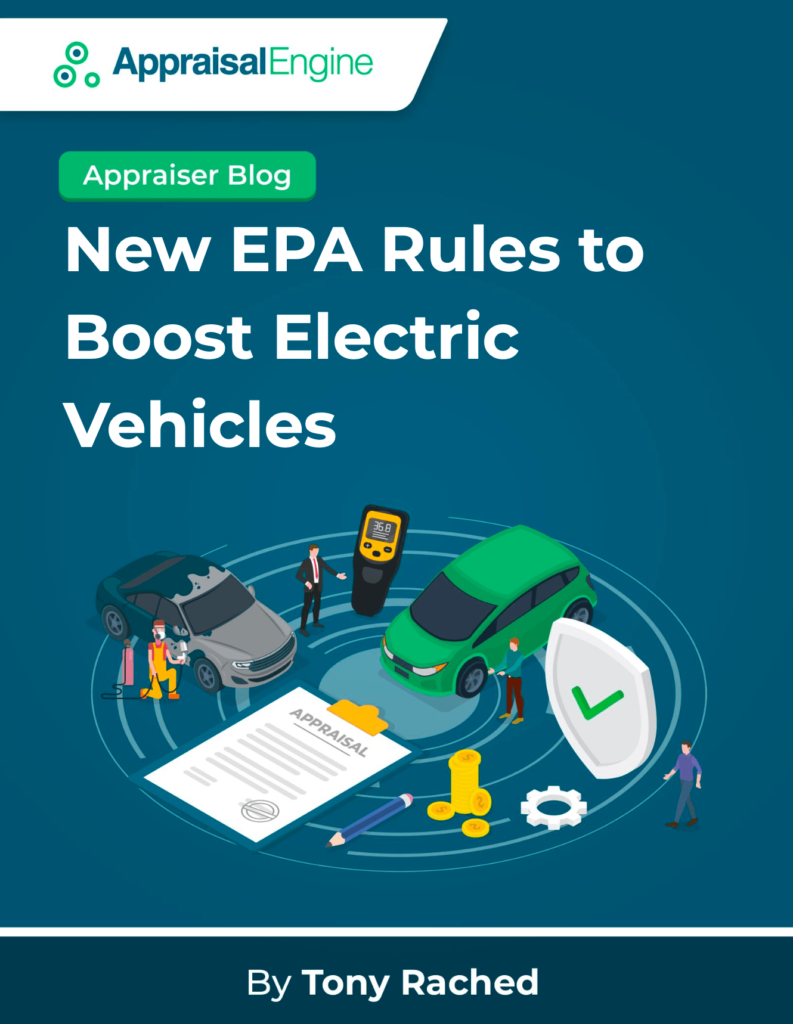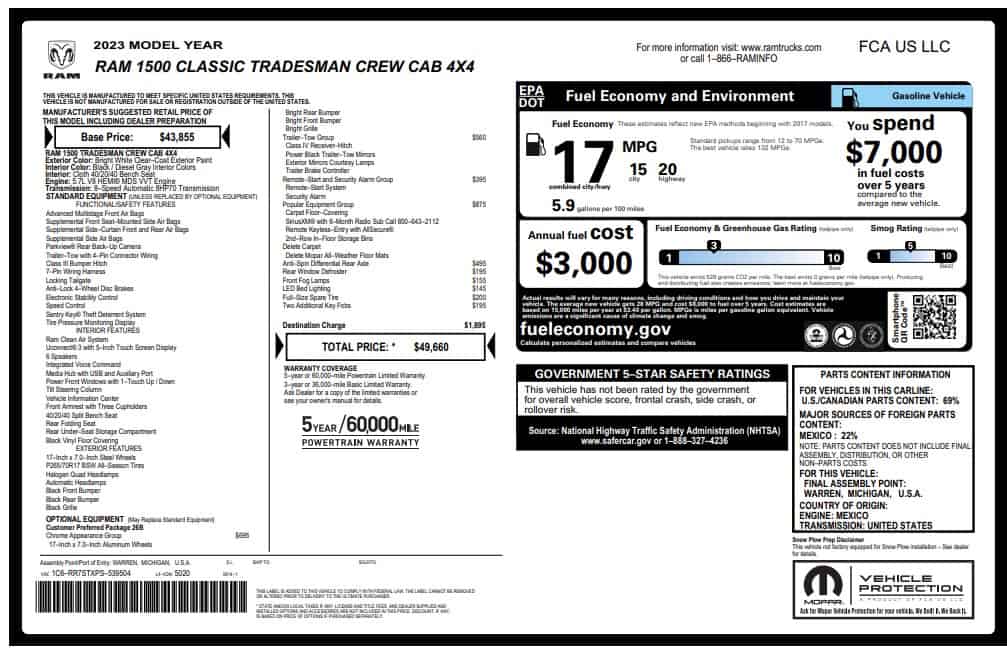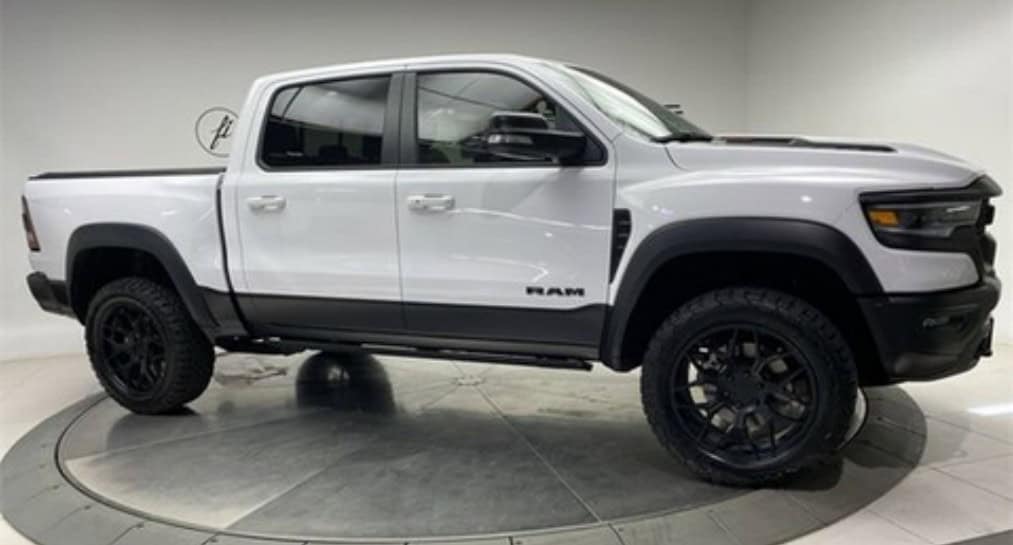New EPA Rules to Boost Electric Vehicles (PDF)
The U.S. Environmental Protection Agency is expected to announce new regulations which are designed to dramatically reduce exhaust emissions and incentivize the use of electric cars. Rumors have circulated that the policy will apply for model years 2027 through 2032 and could result in a considerable lift in the sales of EVs. Environmental groups and some car makers are optimistic, believing it could facilitate 50% of all automobiles on American roads being either electric or plug-in hybrids by 2030.

In accordance with President Joe Biden’s goal of reducing greenhouse gas emissions by at least 50% below 2005 levels by 2030, this proposed rule would cover model years 2027 through 2032. The administration has not yet supported California’s plan to phase out gasoline-only light vehicles by 2035.
A new tailpipe emissions requirement put in place by the EPA last December reversed President Trump’s rollback of pollution controls. The upcoming rules will determine if the EPA’s new proposal will be as aggressive as California’s zero-emissions vehicle plan.
As long as gas-powered cars remain on the road for decades, environmentalists want the EPA to take a more stringent approach to pollution reductions. In their view, air pollution and climate change could be worsened if emission reductions are not sufficient.
Several major automakers, including Ford, Volkswagen, and Toyota, support the move to electric vehicles, according to the Alliance for Automotive Innovation. However, they have expressed concern that the new rules could lead to automakers spending significant amounts of money on improving the efficiency of internal combustion vehicles, which will be phased out in the next decade.
Additionally, the National Highway Traffic Safety Administration is expected to reveal new fuel economy standards in the coming weeks.
Tesla and General Motors have already committed to ending gasoline-powered vehicle sales by 2030 and 2035, respectively, although California still needs approval from the Biden administration.
The success of the transition to electric vehicles will depend on the ability of automakers to invest in zero-emission technology and the government’s ability to enforce new regulations. As the US continues to prioritize a more sustainable future in the automotive industry, this marks a significant turning point.





